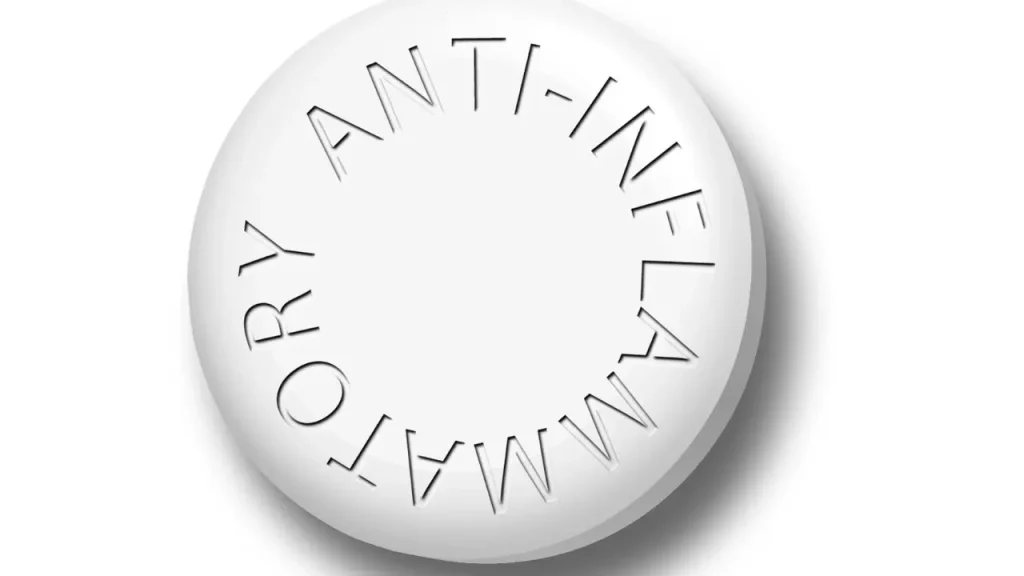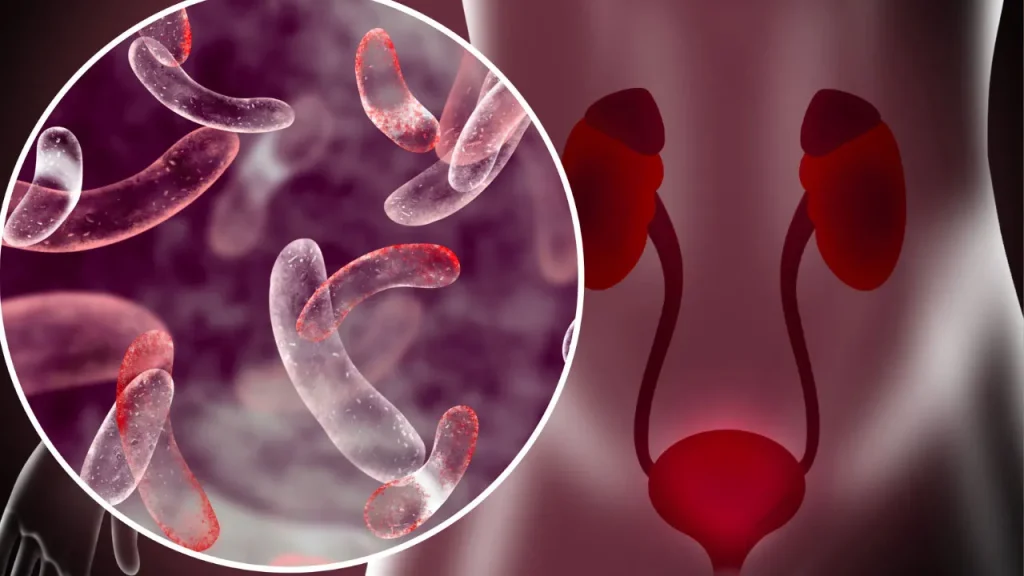The native Khoisan people of South Africa have long used the perennial plant buchu (agathosma betulina) for its therapeutic benefits. The plant’s leaves and essential oil have been used for a variety of treatments, like managing digestive problems, inflammation, and urinary tract infections. In recent years, scientific study has started to look at the possible uses and health advantages of buchu, especially in regards to its phytochemical components and therapeutic methods. This article seeks to provide a thorough analysis of buchu’s nature, health advantages, recommended dose, negative effects, possible drug interactions, and responsible usage.
You May Also Like:
Diamond CBD Gummies vs. Joy Organics CBD Gummies
CBD for Concentration: The Productivity Hack for Energy and Focus
Buchu: Benefits, Dosage, Side Effects, Drug Interactions, and Other Important Information is an original (NootropicsPlanet) article.
Nature of Buchu
The rutaceae family member buchu is distinguished by its tiny, leathery leaves, which are often coated with oil glands. A distinctive, minty essential oil with a blackcurrant-like fragrance is produced from the leaves. Monoterpene chemicals such as diosphenol, isomenthone, pulegone, and limonene, which have a variety of biological properties and contribute to the plant’s medicinal properties, are the main chemical components of buchu essential oil.
Health Benefits of Buchu
1. Painkilling and Anti-inflammatory Effects
Buchu contains flavonoids and essential oils that have anti-inflammatory and analgesic properties. Tumor necrosis factor-alpha (TNF-alpha) and interleukin-6 (IL-6) are pro-inflammatory cytokines that are implicated in the onset of inflammation and pain. In vitro and in vivo research has shown that these ingredients inhibit the production of these cytokines (Mncwangi et al., 2012). Additionally, it has been shown that buchu extracts reduce the activity of cyclooxygenase-2 (COX-2), an enzyme that produces prostaglandins, an inflammatory mediator (De Beer et al., 2011). The analgesic effects of buchu may be influenced by this inhibition.
2. Microbiological Activity
Buchu’s essential oil and its component diosphenol are principally responsible for its antibacterial properties. Escherichia coli, staphylococcus aureus, and pseudomonas aeruginosa are just a few of the gram-positive and gram-negative bacteria that buchu essential oil has been found in studies to have powerful antibacterial properties (Kamatou et al., 2008). Additionally, buchu oil was shown to have anti-fungal properties against the common fungus candida albicans (Nostro et al., 2004). These results imply that buchu could be a promising option for the creation of brand-new antibacterial substances.
3. Effects of Diuretics
Scientific research has validated the use of buchu as a diuretic in traditional medicine. According to animal research, buchu extracts can have a diuretic effect since they have been demonstrated to enhance excretion of electrolytes and urine volume (Ojewole, 2005). Flavonoids, which may act on renal tubules to accelerate the clearance of sodium, chloride, and potassium ions, have been linked to this feature (Ojewole, 2005).

Chemistry of Buchu
Volatile substances found in the essential oil of buchu play a large role in defining its chemical composition. Monoterpene substances including diosphenol, isomenthone, pulegone, and limonene are among the principal components. In addition, it contains coumarins, phenolic compounds, and flavonoids, all of which support its antioxidant properties (Moolla & Viljoen, 2008). The age of the plant, the environment it grew in, and the technique used to extract the essential oil are just a few of the variables that might affect the precise composition of these phytochemicals.
Physiological Properties of Buchu
Buchu’s potent phytochemical profile is thought to be principally responsible for its physiological benefits.
- Anti-inflammatory and Analgesic Properties: Buchu has anti-inflammatory properties principally due to its ability to block pro-inflammatory cytokines including TNF- and IL-6, as well as the ability to lower COX-2 enzyme activity. Prostaglandins, which are essential for inflammation and pain perception, are produced less as a consequence of this (De Beer et al., 2011).
- Antibacterial Effects: Diosphenol, a component of buchu’s essential oil, is what gives the plant its antibacterial abilities. According to Kamatou et al. (2008), these chemicals have strong efficacy against a variety of bacterial and fungal diseases.
- Diuretic Properties: Flavonoids in buchu are thought to be responsible for the plant’s diuretic properties. By acting on renal tubules and improving the elimination of sodium, chloride, and potassium ions, these substances may improve urine flow and electrolyte excretion (Ojewole, 2005).
As most of our existing knowledge is based on in vitro and animal studies, further study is required to clarify the precise processes driving these physiological impacts. It is also important to keep in mind that your individual variables like heredity, general health, and the presence of other drugs or supplements may affect how buchu affects you.

Optimal Dosage of Buchu
The ideal dose of buchu depends on your age, weight, and general health. In general, it is advised to start with a modest dosage and then gradually raise it as necessary while constantly watching for any negative effects. Buchu is often given as a dietary supplement in the form of capsules or tinctures. A daily dose of 6 grams of buchu leaf or its equivalent is advised by the German Commission E, a scientific advisory council for herbal medicines (Blumenthal et al., 2000). Before beginning a new supplement regimen, you must, however, speak with your medical expert.
Side Effects of Buchu
In general, buchu is accepted well when used in moderation. But some people might have stomach trouble, which includes nausea, vomiting, and diarrhea. People with sensitive skin may have negative responses after coming into contact with buchu oil, which can appear as redness, itching, and swelling. In addition, buchu contains pulegone, a substance that, in high doses, has the potential to be toxic to the liver (Boukhatem et al., 2013). As a result, excessive or long-term usage of buchu should be avoided except under medical supervision.

Potential Substance Interactions with Buchu
Despite the lack of current scientific information on buchu’s possible interactions with other drugs, some safety measures should be followed. Combining buchu with other diuretic medications or plants may increase its diuretic effects, which might result in electrolyte imbalances or dehydration. Buchu should be taken with care if you are taking hepatotoxic medicines or chemicals that are processed by the liver owing to its possible hepatotoxicity.
Additionally, buchu can interact with medicines to possibly enhance their antibacterial properties. This interaction may be advantageous, but it also raises the possibility of negative consequences related to the use of antibiotics. When using buchu together with any drugs or dietary supplements, it is very important to talk to a doctor.
Best Responsible Uses of Buchu
Buchu has a variety of biological functions and may be used in a number of ways to promote health and wellness. To guarantee safety and effectiveness, it’s important to highlight that these uses should always be carried out with the assistance of a healthcare expert.
- Urinary Tract Health: Buchu is beneficial for preserving urinary tract health due to its diuretic and antibacterial properties. By encouraging frequent urination and perhaps preventing the formation of harmful bacteria, it can enhance urinary tract cleanliness.
- Digestive Health: Buchu’s anti-inflammatory and antibacterial properties can help with digestive health. Bloating, gas, and moderate stomach pain are symptoms connected to digestive disorders that its usage can help treat.
- Topical Uses: Buchu oil’s antibacterial and anti-inflammatory properties allow it to be used topically. After the appropriate dilution, it can be used to treat small wounds, scrapes, and skin irritations. But it’s essential to do a patch test to make sure no allergic response happens.
- Respiratory Health: Due to its anti-inflammatory and antibacterial properties, inhaling vapors of buchu oil, often in the form of steam, can help alleviate respiratory tract congestion.

Buchu:
Conclusion
Buchu may be a helpful supplement to support many areas of health, but it’s important to keep in mind that it does not take the place of standard medical care. Always talk to your doctor before beginning a new supplement regimen, including taking buchu, especially if you have a pre-existing ailment or are already taking other drugs or supplements.
References:
- “Buchu (Agathosma Betulina) – A Comprehensive Overview.” Retrieved From: https://www.herbal-supplement-resource.com/buchu-herb.html
- “The Medicinal Use and Health Benefits of Buchu.” Retrieved From: https://www.verywellhealth.com/the-benefits-of-buchu-89490
Important Note: The information contained in this article is for general informational purposes only, and should not be construed as health or medical advice, nor is it intended to diagnose, prevent, treat, or cure any disease or health condition. Before embarking on any diet, fitness regimen, or program of nutritional supplementation, it is advisable to consult your healthcare professional in order to determine its safety and probable efficacy in terms of your individual state of health.
Regarding Nutritional Supplements Or Other Non-Prescription Health Products: If any nutritional supplements or other non-prescription health products are mentioned in the foregoing article, any claims or statements made about them have not been evaluated by the U.S. Food and Drug Administration, and such nutritional supplements or other health products are not intended to diagnose, treat, cure, or prevent any disease.


